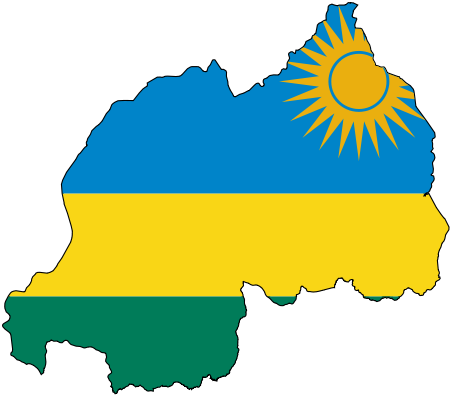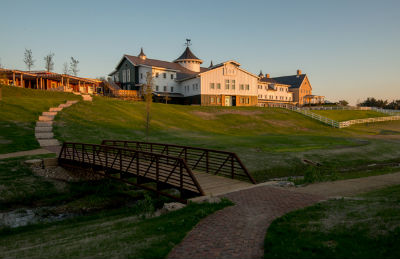“Aquatic Invasive Species Survey and Treatment on Lake Umatilla and Lake Celilo”
The project will involve the following objectives in effort gather needed information to better understand flowering rush invasion in a leading-edge population.
This information is needed to prevent and remediate flowering rush infestations in Lake Umatilla and Lake Celilo, and to contribute to the growing body of knowledge for flowering rush treatment and prevention available to land and water managers:
1. Assist John Day and The Dalles Ranger staff in conducting comprehensive aquatic invasive species surveys, focusing on flowering rush, throughout Lake Umatilla and Lake Celilo.
All locations that favor potential establishment (slow-moving, shallow water) will be documented, even if flowering rush is not currently present.
Site conditions (native plant community, disturbance regimes, abiotic conditions, etc) will be described in detail to provide a baseline assessment should the area become colonized in the future.
This will help to better understand establishment methods and dynamics.
2. Treat flowering rush infestations where feasible based on water depth – this may include careful hand pulling in shallow water/on shorelines or covering small infestations/single plants with weighted weed mats specifically designed for flowering rush.
Continued research on effective manual treatment strategies is needed; for example, plant phenological stage and treatment timing may influence treatment efficacy.
Other treatment methods may be proposed by the awarded partner and investigated for efficacy.
3. Provide treatment recommendations and control strategies for other aquatic invasive plants identified during the surveys.
Currently, the focus is on flowering rush, but other aquatic plants may also be targeted for control.
Other invasive aquatic plants in the region include Eurasian watermilfoil (Myriophyllum spicatum) and curly-leaf pondweed (Potamogeton crispus) among others.
Abundance of these other invasive species is not well understood near Corps-managed recreation areas in Lake Umatilla and Lake Celilo.
This information, and proposed control strategies, would allow for greater preparedness in reducing nonnative species populations in the region.
4. Document all existing infestation locations, potential future locations based on flow rate and model, and treatment methodologies employed through a final report and provide this to John Day/The Dalles Ranger staff and partners in the Flowering Rush Working Group.
This information is needed to prevent and remediate flowering rush infestations in Lake Umatilla and Lake Celilo, and to contribute to the growing body of knowledge for flowering rush treatment and prevention available to land and water managers:
1. Assist John Day and The Dalles Ranger staff in conducting comprehensive aquatic invasive species surveys, focusing on flowering rush, throughout Lake Umatilla and Lake Celilo.
All locations that favor potential establishment (slow-moving, shallow water) will be documented, even if flowering rush is not currently present.
Site conditions (native plant community, disturbance regimes, abiotic conditions, etc) will be described in detail to provide a baseline assessment should the area become colonized in the future.
This will help to better understand establishment methods and dynamics.
2. Treat flowering rush infestations where feasible based on water depth – this may include careful hand pulling in shallow water/on shorelines or covering small infestations/single plants with weighted weed mats specifically designed for flowering rush.
Continued research on effective manual treatment strategies is needed; for example, plant phenological stage and treatment timing may influence treatment efficacy.
Other treatment methods may be proposed by the awarded partner and investigated for efficacy.
3. Provide treatment recommendations and control strategies for other aquatic invasive plants identified during the surveys.
Currently, the focus is on flowering rush, but other aquatic plants may also be targeted for control.
Other invasive aquatic plants in the region include Eurasian watermilfoil (Myriophyllum spicatum) and curly-leaf pondweed (Potamogeton crispus) among others.
Abundance of these other invasive species is not well understood near Corps-managed recreation areas in Lake Umatilla and Lake Celilo.
This information, and proposed control strategies, would allow for greater preparedness in reducing nonnative species populations in the region.
4. Document all existing infestation locations, potential future locations based on flow rate and model, and treatment methodologies employed through a final report and provide this to John Day/The Dalles Ranger staff and partners in the Flowering Rush Working Group.
Related Programs
Basic, Applied, and Advanced Research in Science and Engineering
Department Of Defense
Agency: Department of Defense
Office: Dept. of the Army -- Corps of Engineers
Estimated Funding: $11,000,000
Office: Dept. of the Army -- Corps of Engineers
Estimated Funding: $11,000,000
Obtain Full Opportunity Text:
askcsid@fema.dhs.gov
Additional Information of Eligibility:
This opportunity is restricted to non-federal partners of the Pacific Northwest Cooperative Ecosystems Studies Unit (CESU).
Full Opportunity Web Address:
askcsid@fema.dhs.gov
Contact:
Agency Email Description:
Stacy Thurman
Agency Email:
Date Posted:
2022-05-16
Application Due Date:
Archive Date:
2022-12-30
Social Entrepreneurship
Spotlight
Rwanda as Social Entrepreneur Fund Beneficiary

The Republic of Rwanda has been picked as one of the six African countries as beneficiaries for a new fellowship fund program designed at supporting social entrepreneurs in tackling issues on food security.

